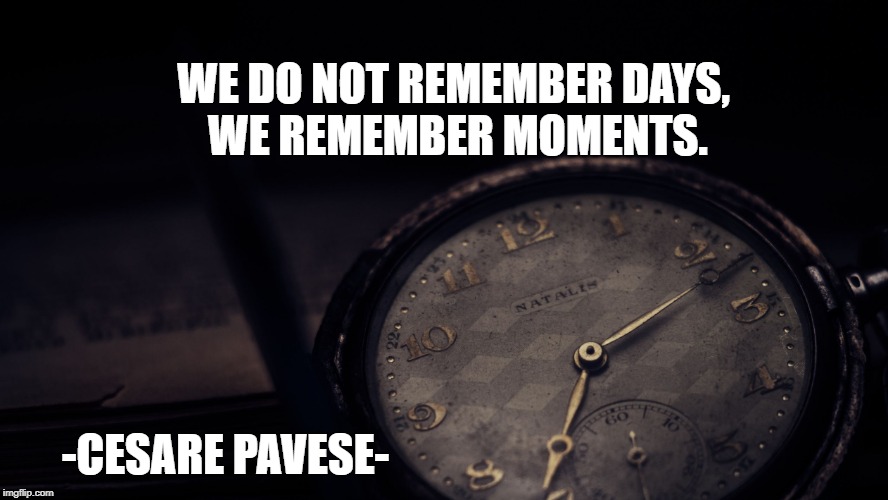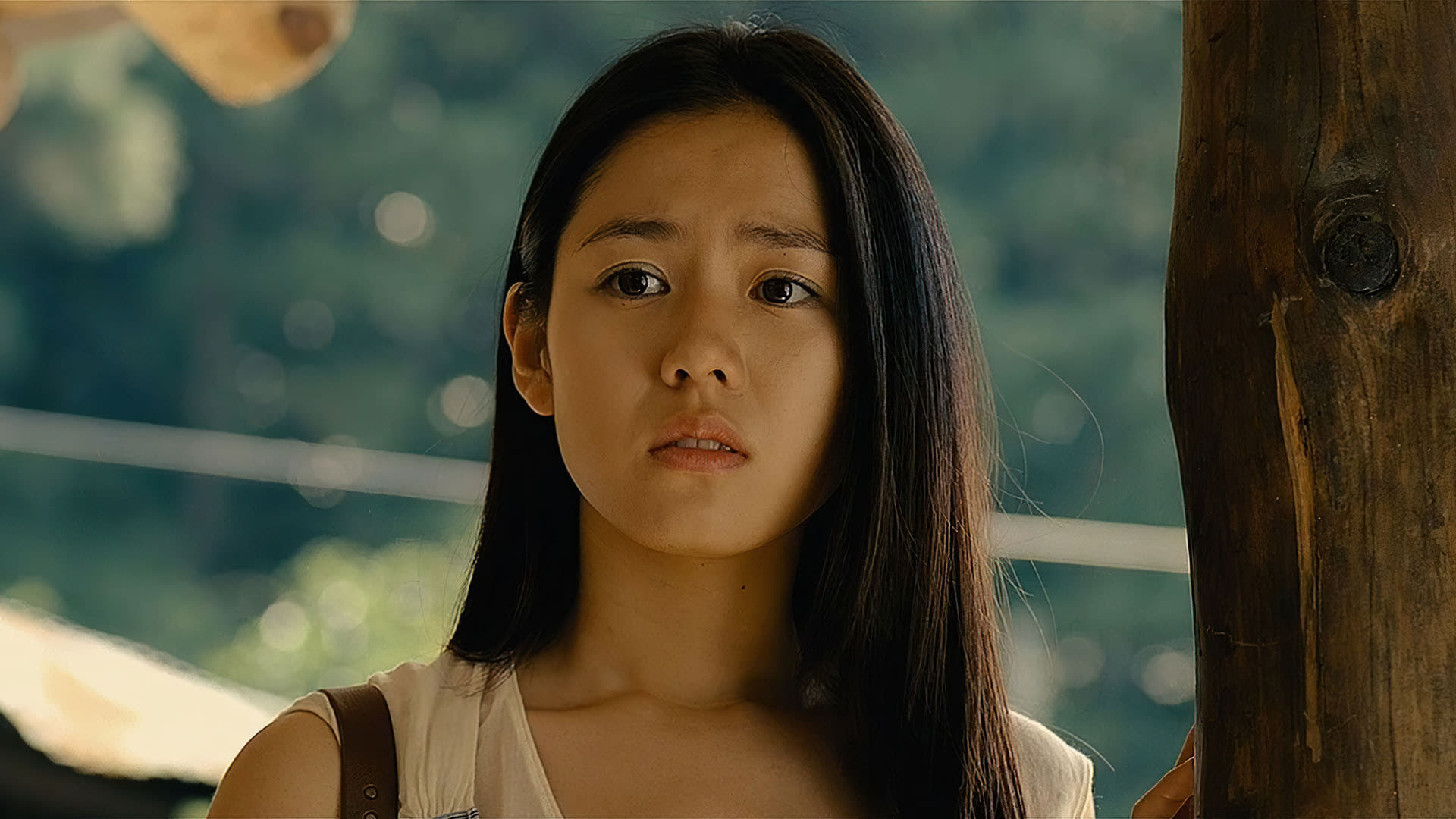
For example, a short visit to the park when you're caught up in snapping photos of the kids the whole time isn't likely to be a memory you retain.

The length of exposure to a memory also impacts how well you recall it later, Loftus says. Our brains are caught up helping us take that perfect photo instead of retaining that perfect memory. Those are times when we have the added pressure of capturing a fleeting moment and concentrating on getting it right. Sadly, attentional disengagement is especially likely to occur during milestone moments, says Loftus, such as when a graduate accepts a diploma or when a child blows out birthday candles. It's what happens when we're distracted by the process of taking a photo, says Soares: how we hold our phone, framing the photo to make sure people are smiling and the background is to our liking, ensuring the image isn't blurry - all of which uses up cognitive skills or attentional resources that could otherwise help us encode or retain that memory. The other explanation for memory impairment when you snap that pic, Soares found, is attentional disengagement. "As with information, when we take pictures we're offloading the responsibility of remembering onto an external device," says Julia Soares, an assistant psychology professor at Mississippi State University. Henkel's findings are similar to those of a 2011 Science study on the "Google effect" that found that people don't remember information as well when they know they can retrieve it later from the internet or from a device it has been saved on. The study has since been replicated in 20. The effect was first explored in a 2013 study Henkel conducted showing that people had a harder time remembering art objects they'd seen in a museum when they took pictures of them. That's all well and good - until that slip of paper goes missing. Need an analogy? If you write down someone's phone number, you're less likely to remember it offhand because your brain tells you there's just no need. Shots - Health News Neuroscientists Debate A Simple Question: How Does The Brain Store A Phone Number?
A REMEMBER TO MOMENT FULL
"They know their camera is capturing that moment for them, so they don't pay full attention to it in a way that might help them remember." "When people rely on technology to remember something for them, they're essentially outsourcing their memory," says Linda Henkel, a psychology professor at Fairfield University. That process of "offloading" our memory is aptly called the photo-taking impairment effect.

If you're more intentional about the photos you take, they can actually help you capture that moment you're hoping to hold onto.

It works in one of two ways, Loftus explains: We either offload the responsibility of remembering moments when we take pictures of them, or we're so distracted by the process of taking a photo that we miss the moment altogether.īut photo-takers, don't despair just yet. So you get the photo but kind of lose the memory. Snapping too many pictures could actually harm the brain's ability to retain memories, says Elizabeth Loftus, a psychological science professor at the University of California, Irvine.

But before you do, here's a bit of surprising science that avid photo-takers need to know: Taking photos is not the perfect memory-retention tool you think it is. You reach for your phone because you want to remember this perfect moment. The sun is setting at the end of a gorgeous day at the beach - the light is just right, illuminating your kids' faces as they play in the waves.


 0 kommentar(er)
0 kommentar(er)
